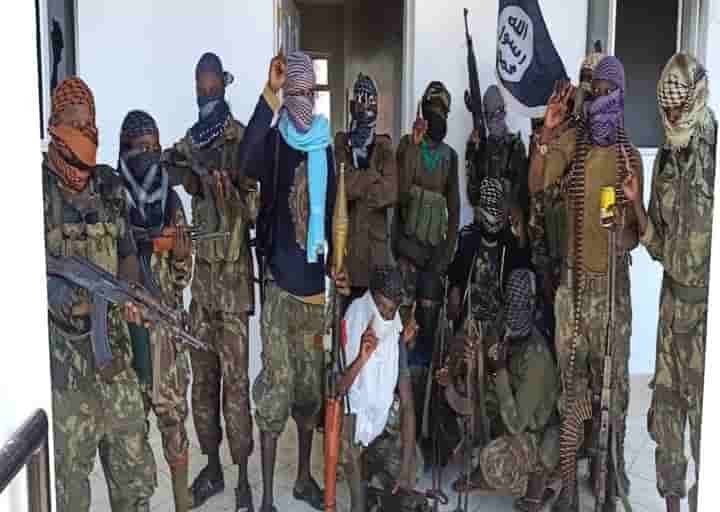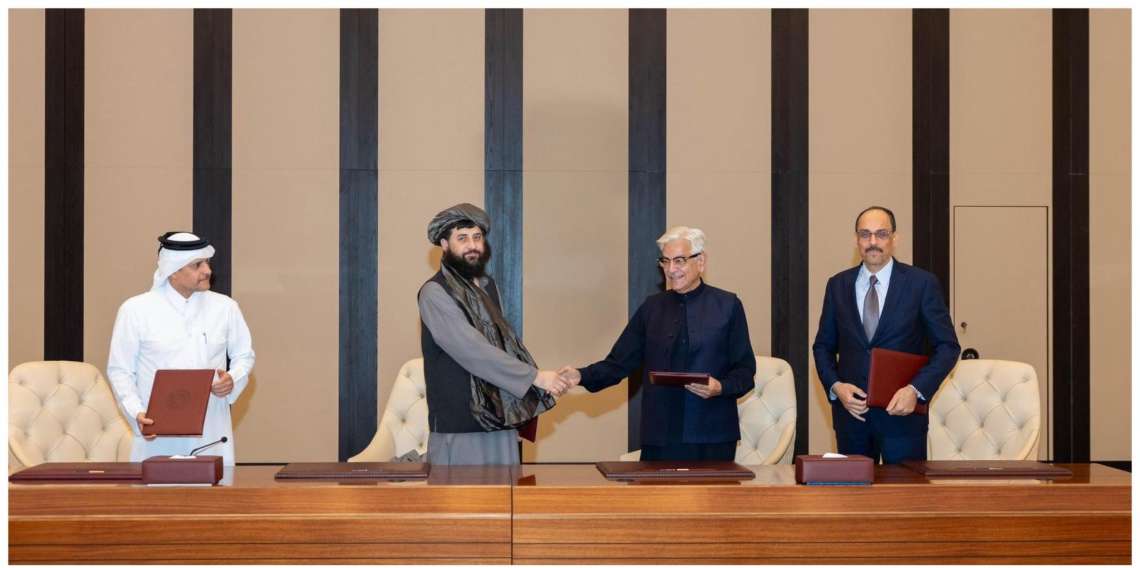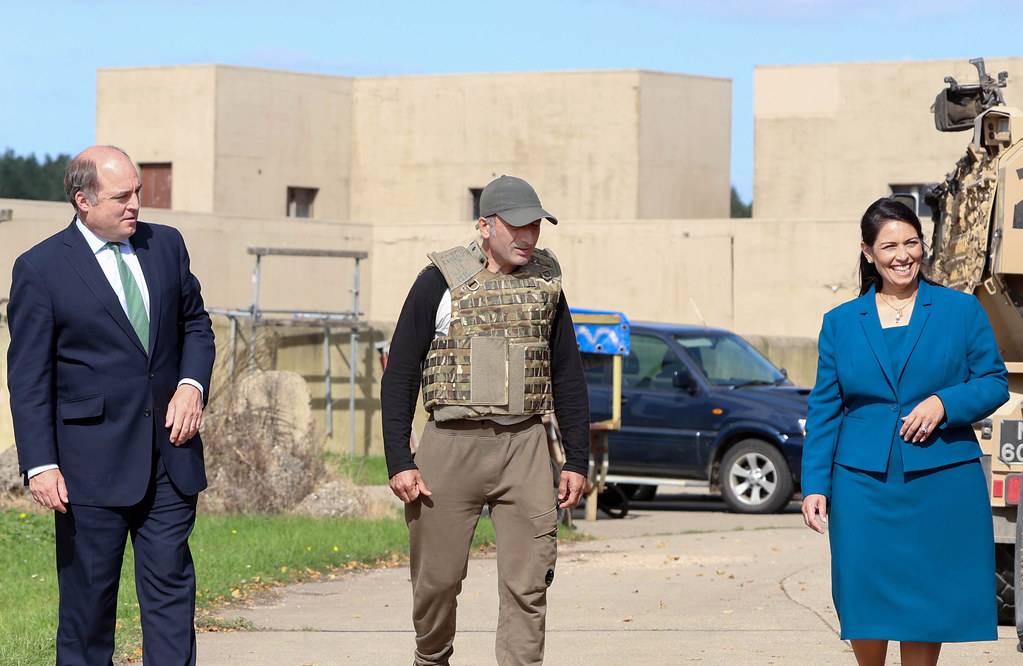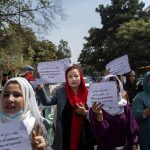Afghan Foreign Minister reminded the global community that the danger of the ongoing war is not just limited to Afghanistan…reports Sanjeev Sharma
The Taliban attacks in Afghanistan were carried out in direct collusion with more than 10,000 regional terrorists from the Lashkar-e-Taiba (LeT), Tehreek-e-Taliban Pakistan (TTP) and other outfits.
Detailing the Taliban attacks in Afghanistan in recent months and their links to terrorist outfits, Afghan Foreign Minister Mohammad Haneef Atmar said the terrorist organisations included Ansarullah, Jundallah, Al-Qaeda, East Turkestan Islamic Movement (ETIM) and the Islamic Movement of Uzbekistan (IMU).
In a meeting with the envoys of the neighbouring countries, United Nations, NATO and the European Union, Atmar said the Taliban’s war crimes were indescribable, referring to the massacre of more than 100 people in Spin Boldak, forced marriages, destruction of more than 300 public infrastructure, and suspension of services in the Taliban-controlled areas.

Atmar went on to say that the rise of Taliban’s bloody attacks in recent months had killed more than 3,000 people, displaced more than 300,000, and disrupted order and provision of services in half of the country’s districts. Currently, 18 million people face dire humanitarian situation in Afghanistan.
Atmar said press releases do not suffice, and the international community should give the Taliban a serious response in the upcoming Doha meetings.
ALSO READ: US, UK embassies in Afghanistan accuse Taliban of war crimes
Atmar also reminded the global community that since international militants are busy fighting along with the Taliban, the danger of the ongoing war is not just limited to Afghanistan.
He said the Afghan government’s security plan would be charted out and implemented soon in coordination and support of all the political and social strata to strengthen the government’s positions at the strategic points and metropolitans.
He also highlighted the joint programme of the Afghan government and human rights organisations to document the Taliban’s crimes and hold them accountable worldwide.
Atmar elaborated on four areas of cooperation with the international community that included repelling Taliban’s attacks on metropolitan areas; preventing a human catastrophe and human rights abuses; accelerating the Afghan Peace Process; and lastly, implementing a six-month security programme.
During the meeting, the representatives of regional countries and the United Nations expressed their support for an immediate cessation of violence and strengthening the peace process.
The UN Secretary-General’s Special Representative for Afghanistan, Deborah Lyons, said the attack on Herat and the UNAMA office showed that actions do not reflect commitments.
She added that this was not just Afghan’s struggle, but a struggle that all should pay serious attention to.














